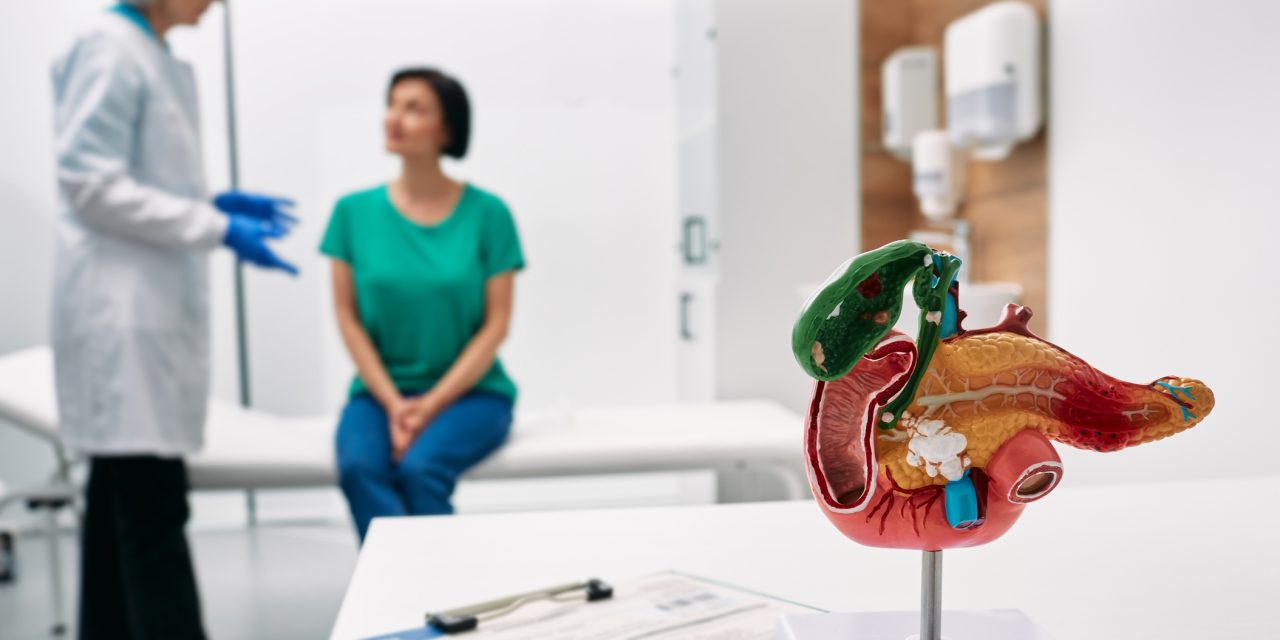To determine the association between autoantibodies to G-protein-coupled receptors with effect on the cardiovascular system and the cardiac biomarker N-terminal pro-brain natriuretic peptide reflecting heart function in Graves’ disease.
Sixty premenopausal women with Graves’ disease were analyzed for IgG autoantibodies against β-adrenergic, muscarinic acetylcholine type 2 and angiotensin II type 1 receptors using enzyme-linked immunosorbent assays based on cell membranes overexpressing receptors in their native conformations. N-terminal pro-brain natriuretic peptide and heart symptoms were analyzed in hyperthyroidism and after 7.5 months of antithyroid treatment. Matched thyroid healthy controls were also assessed.
Serum levels of antibodies against the β-adrenergic and the muscarinic acetylcholine type 2 receptors were higher in hyperthyroid patients than in controls (median β-adrenergic receptor antibodies 1.9 [IQR 1.3-2.7] 1.1 [0.8-1.7] μg/mL, <0.0001; muscarinic acetylcholine type 2 receptor 20.5 [14.0-38.3] 6.0 [3.2-9.9] U/mL, <0.0001). These antibodies decreased in euthyroidism <0.01), but were still higher than in controls <0.01). Angiotensin II type 1 receptor levels did not differ. N-terminal pro-brain natriuretic peptide was higher in hyperthyroidism (240 [134-372] <35 [<35-67] ng/L, <0.0001), normalized after treatment and did not correlate with autoantibodies.
Autoantibodies against the β-adrenergic and the muscarinic acetylcholine type 2 receptors were increased in Graves’ patients, decreased with treatment, but did not correlate with cardiac function. However, an autoimmune effect on the heart cannot be excluded in subpopulations, as the functional properties of the analyzed antibodies remain to be determined.
Georg Thieme Verlag KG Rüdigerstraße 14, 70469 Stuttgart, Germany.
β1-adrenergic and Muscarinic Acetylcholine Type 2 Receptor Antibodies are Increased in Graves’ Hyperthyroidism and Decrease During Antithyroid Therapy.


